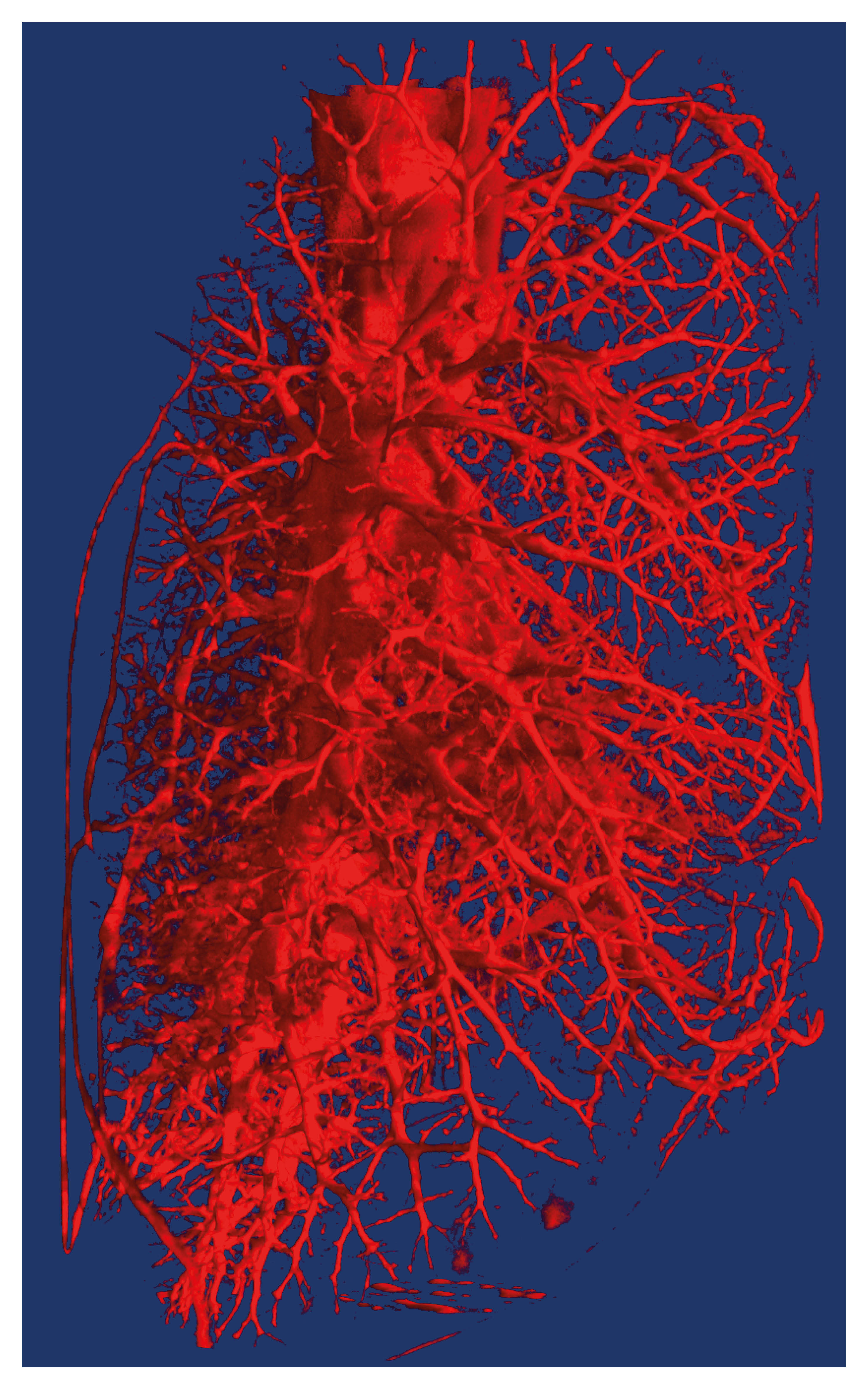MLZ Conference: Neutrons for Health
Scope of the Conference
The goal of health research is to improve medical care and quality of life for the population. In the future individually tailored options for prevention and treatment will play a vital role, but it will also be important to better understand the role of metabolic syndromes for the major common diseases. Understanding complex biological processes requires the use of the full scientific and analytical methods available. Particularly strong are methods that offer insight into the structure and the dynamics at the molecular scale of the processes involved. The application of neutron scattering and neutron radiation to health andlifesciences is often lesser known but neutrons target very specific problems and reveal unique information.
Neutrons penetrate deeply into biological material while distinguishing between isotopes, in particular hydrogen and deuterium. Neutron beams are unique in having wavelengths and energies that correspond, respectively, to atomic spacings or fluctuation amplitudes and excitation energies, and present negligible absorption even for relatively long wavelengths. The position of hydrogen in biological structures is obtained with atomic resolution using macromolecular neutron crystallography. Small-angle neutron scattering opens the door to structures on the nano- to micrometer scale in particular in natural environment of liquid solutions. Surfaces and interfaces are probed by neutron reflectometry, with particular attention given to biomembranes. Neutron spectroscopy provides access to the motion of atoms and molecules on microscopic timescales. Neutrons are therefore a unique non-destructive probe.
Irradiation and medical isotope production by neutrons are another important field for the application of neutrons in health care and medical treatments. Medical diagnostics and cancer treatment using radiopharmaceuticals are one of the best ways to diagnose and treat tumours. Advance in this field is crucially dependant on the availability of innovative isotopes for initial R&D and on the capability to produce large quantities for clinical applications.
This conference covers major topics of neutron scattering and neutron radiation for health ranging from diagnosis and treatment of amyloid diseases, investigating protein folding, details of enzyme behaviour, understanding of cell-membrane interactions, identification of new drug targets and development of advanced drug-delivery systems, antibiotic resistance, treatment of genetic diseases, implants and biocompatible materials, tissue regeneration, cancer diagnosis and therapy, radiopharmaceuticals as well as medical applications and treatments. In addition methodological instrument developments are an important contribution to enhance medical and health research with neutrons.
The international conference “Neutrons for Health” targets scientists from all these areas of health and medicine. It will emphasize the use of neutron scattering, spectroscopy and irradiation as analytical tools for the characterization and understanding of biological systems and development and applications in medical treatments.
Topics
- Radioisotopes for Diagnostics
- Boron Capture Therapy
- Neutron Irradiation Therapy
- Structural Biology
- Biomembranes
- Skin Models
- Drug Delivery Systems
- Drug Interaction
- Implants
- Materials in Medicine
- Aggregation Phenomena in Diseases
- Signalling
- Crowding